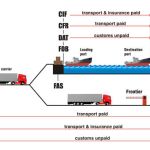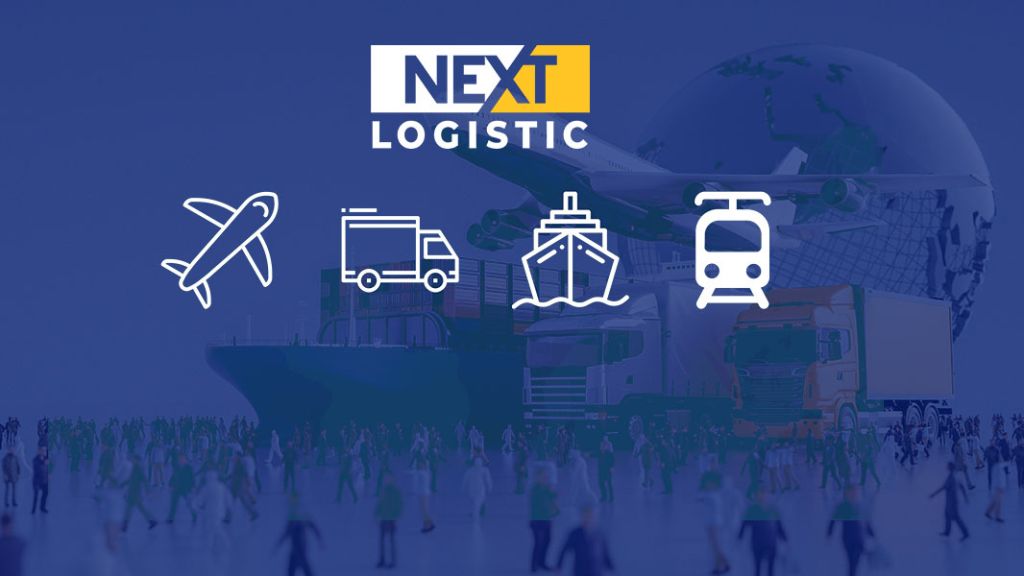The best frankings for shoppers
How to choose Incoterm®
All international trade transactions involve two key parties: the buyer and the seller. Depending on which side you are on, you have your own interests to protect, which means you will want to trade under terms that are favorable to you.
In every international trade contract, it is essential to determine the Incoterm under which the deal will be carried out. These are a set of predefined international rules, published by the International Chamber of Commerce (ICC), which define the contractual clauses to be used. In other words, they determine the conditions of carriage of the goods, including the different levels of responsibility borne by the buyer and the seller.
The best Incoterms ® for buyers
If you are a buyer/importer, there are certain Incoterms® that work in your favor. You should choose one that gives you the greatest control over delivery costs. Selecting the best Incoterm® for a buyer can be challenging, as the optimal solution depends on many factors, including your relationship with the seller and the resources you have.
Here are the best Incoterms® for buyers.
FOB: Freight on Board
Under the FOB Incoterm®, the seller/exporter will deliver the goods to the port of origin, prepared and ready for international transport. The exporter will handle all formalities and documentation. As the buyer, you will be responsible for hiring the international shipping service.
This gives you full control over all costs and the coordination of cargo delivery to your final destination. One major advantage of choosing the FOB Incoterm® is the flexibility it provides. You will be the one selecting routes and delivery times and will be able to negotiate rates with your freight forwarder.
This is the most recommended Incoterm® for importers and buyers.
EXW: Ex Works
The EXW Incoterm® is another good option for buyers. However, caution should be exercised when trading under this Incoterm®, as it should only be used when the buyer is fully familiar with the import laws of the destination country. Your freight forwarder can assist in preventing complications.
If you are not 100% familiar with the laws and regulations, you should avoid using EXW Incoterm®. In such a scenario, a better option is for the goods to be delivered to the port, where you can work with your supplier’s agent to move them to the final destination.
DAP: Delivered at Place
The DAP Incoterm® allows you to buy/import at the lowest possible cost and generally includes several responsibilities and risks for you as the buyer. However, the disadvantage is that you do not have much control over the sea freight.
As a buyer, having the freedom to make decisions enables you to save on costs. Still, you should weigh the pros and cons carefully before deciding if this Incoterm® is right for you, given the lack of control over the shipment.


Share
Contact us
Fill out the form to request transportation services.
We will contact you as soon as possible.


